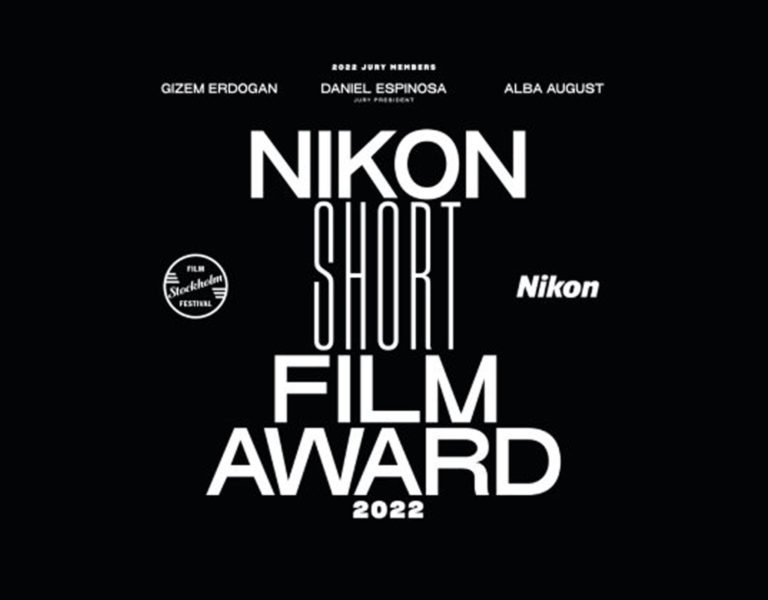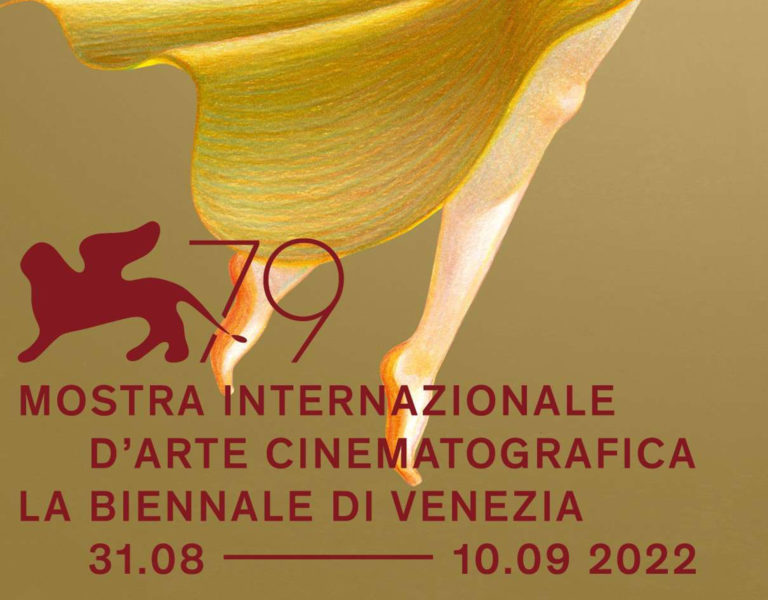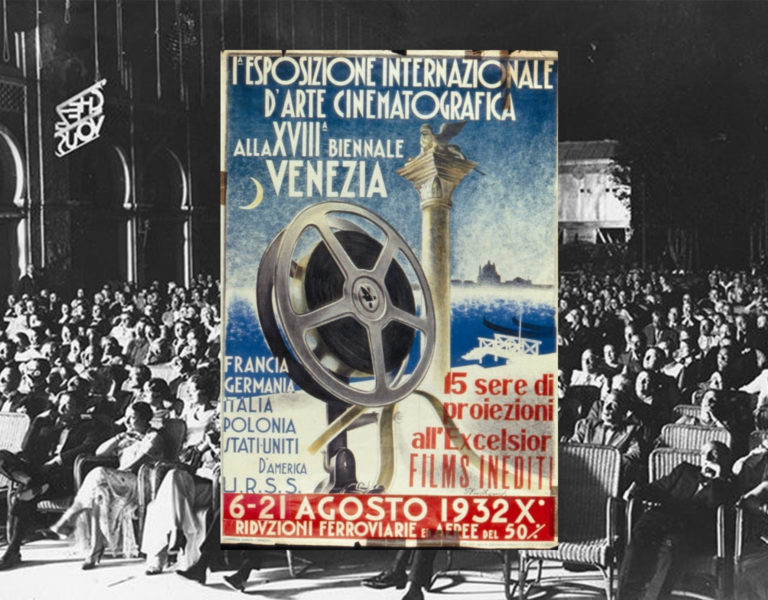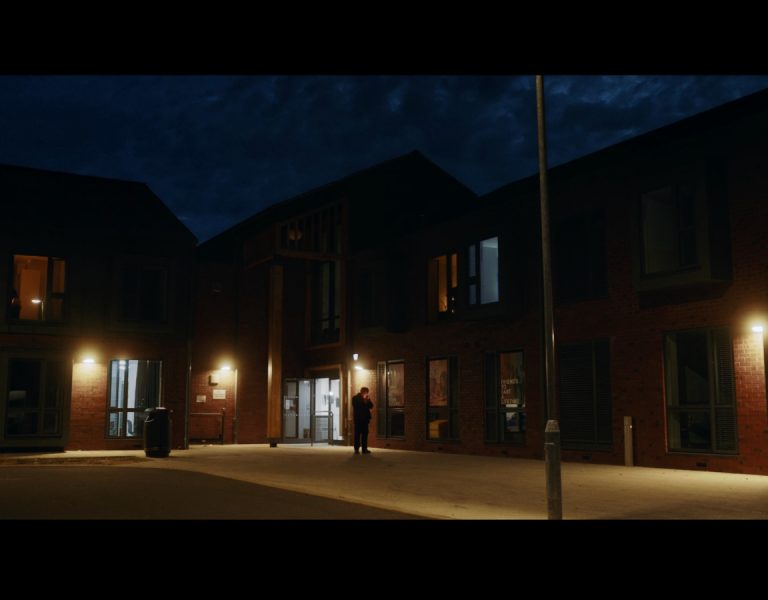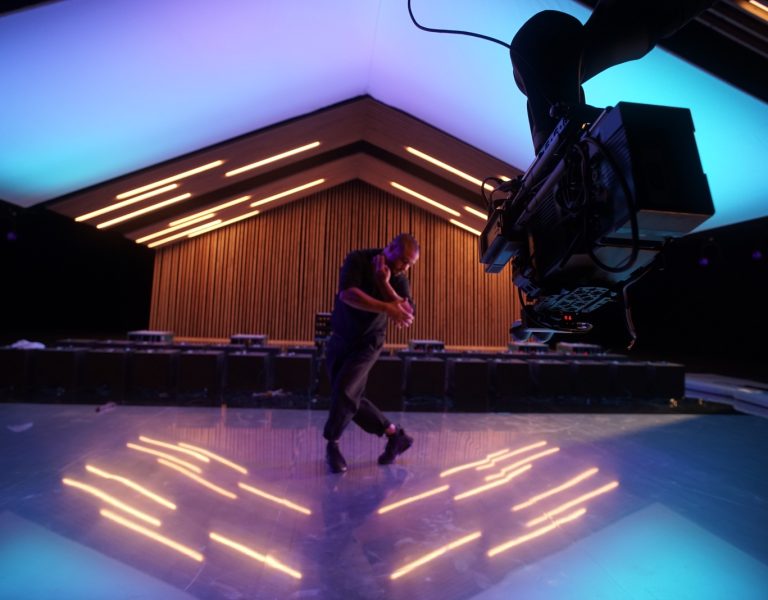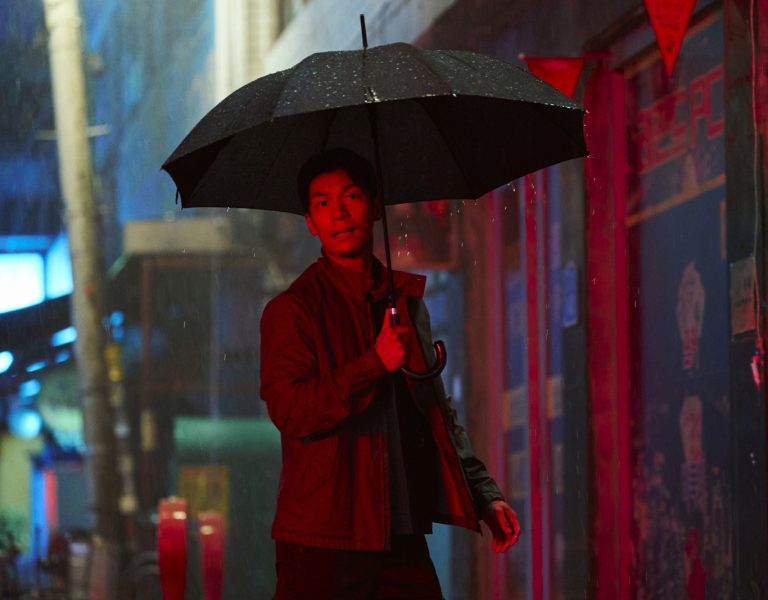Leeds the way
Leeds International Film Festival carries on the West Yorkshire city’s proud film tradition with flair.
As the London-centric nature of the UK’s film and TV production landscape starts to shift, Leeds is making a name for itself as one of the North’s media capitals. Channel Four has called the city home since 2021 and MetFilm School opened its first northern base there.
But Leeds earned its place in film history in 1888, when the so-called “Father of Cinematography”, Frenchman Louis Le Prince, made what many considered the first motion pictures in the city. Using a single-lens camera he had built, along with Eastman’s paper negative film, he captured his family at leisure in Leeds’ Roundhay (the Roundhay Garden Scene) in an experiment that predated the work of the Lumière brothers and Thomas Edison by several years.
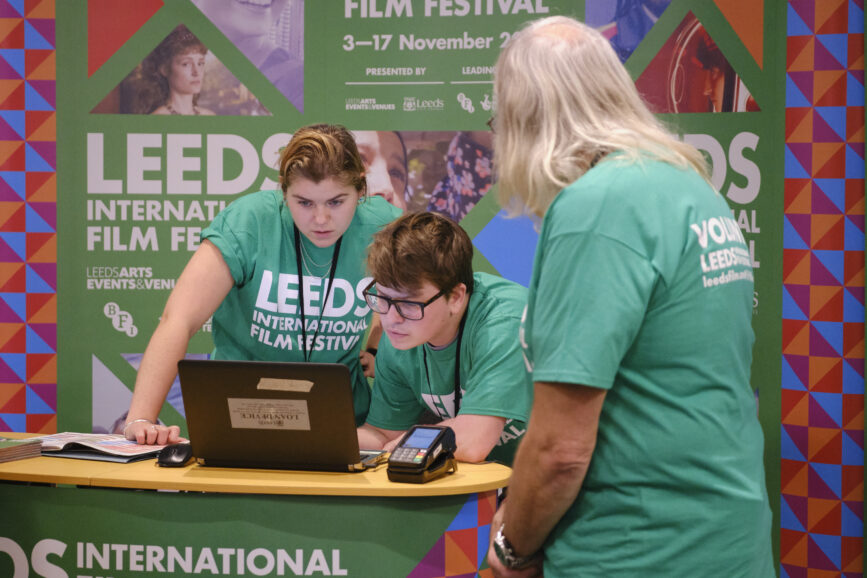
So, it’s somewhat befitting that Leeds should host one of the UK’s biggest film festivals: Leeds International Film Festival (LIFF), with a rich programme of productions spanning the globe. The festival, now in its 36th year, was the brainchild of the Friends of Hyde Park Picture House, a mecca for independent cinema. This year’s event took place in venues across the city including Vue in The Light, Everyman Leeds, Cottage Road Cinema, Howard Assembly Room, Jumbo Records, Leeds School of Art and the National Science and Media Museum, Bradford. An army of friendly volunteers, rewarded with free screening tickets, ensure its smooth running, alongside Leeds City Council.
LIFF 2022 was bookended by two remarkable British films, the first being Oliver Hermanus’ Living. Deftly lensed by Jamie D. Ramsay SASC (winner of Camerimage’s Bronze Frog for his work), Living sees Bill Nighy play a civil servant who, after being given a terminal diagnosis, decides to inject some fun into his remaining months with help from a younger colleague (Aimee Lou Wood). Playing to three packed screening rooms at The Light, it was the perfect way to mark the festival’s opening gala on 3 November.
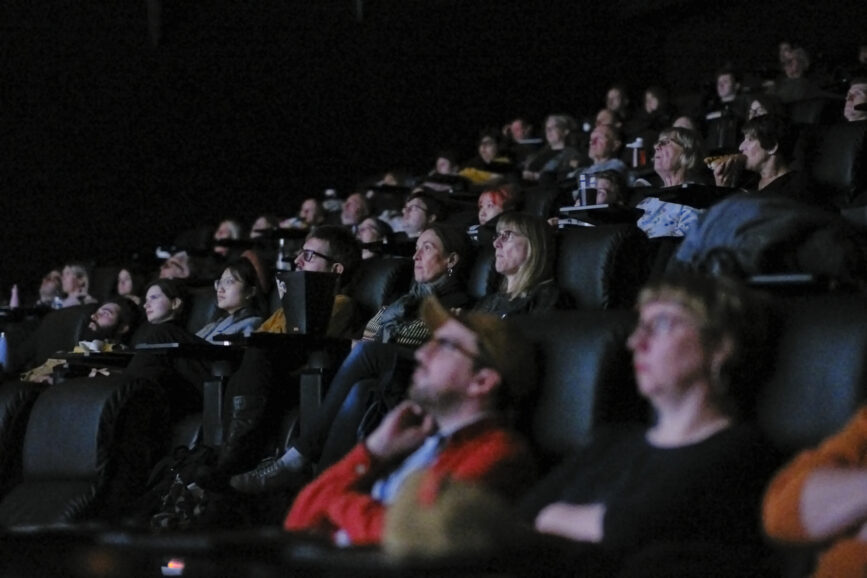
Other highlights of the main competition included Corsage, a 21st-century take on the legendary Austrian empress, Sissi, shot by Judith Kaufmann BVK. Another Palme d’Or contender, Broker, was shown at the festival – the work of director Hirokazu Kore-eda and cinematographer Hong Kyung-pyo.
Documentaries are a key part of LIFF’s programme, shown as part of the carefully curated Cinema Versa strand. The Documentary Shorts Panorama, called ‘Can We Say This Out Loud?’, took viewers to the US, China, Poland, Tunisia and Germany in its showcase of cinematic expression. Lotfi Achour’s Blind Spot, about a mother’s hunt for her son under Tunisia’s Ben Ali dictatorship, was especially resonant, thanks in part to Hazem Berrabah’s cinematography.
Also shown as part of Cinema Versa was All the Beauty and the Bloodshed, from Oscar-winning filmmaker Laura Poitras. It follows US photographer and activist Nan Goldin as she strives to hold the Sackler family’s Purdue Pharma to account for the opioid epidemic, after her own Oxycontin addiction. Closer to home, Bradford Movie Makers, the oldest amateur film club around, was in the spotlight in A Bunch of Amateurs.
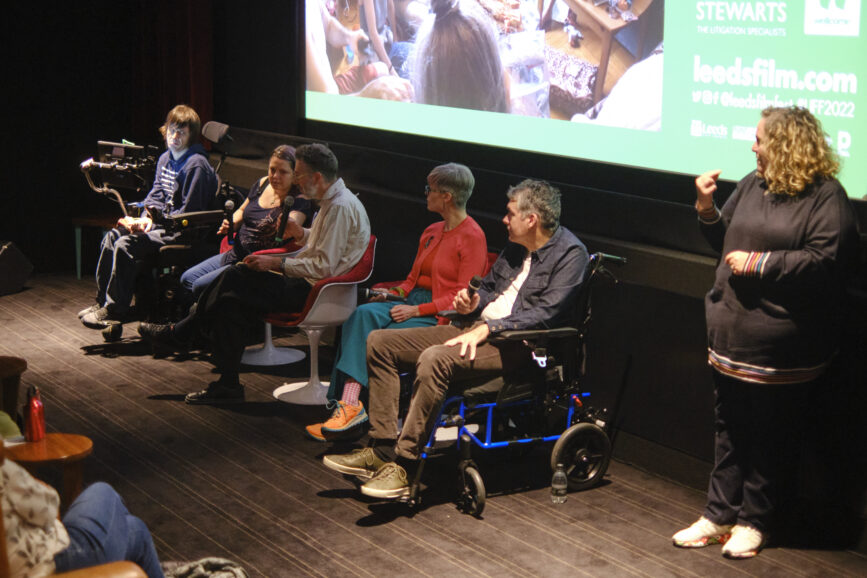
Festivalgoers could also enjoy screenings, panels and Q&As as part of five other strands: Fanomenon; the Leeds Short Film Awards; Films Femmes Afriques, Disability Futures; and One Love From Jamaica.
Two weeks of film fun drew to a close on 17 November with Aftersun, Charlotte Wells’ haunting debut that has just won its cinematographer, Gregory Oke, the Best Cinematography award at the British Independent Film Awards. Oke, a former classmate of Wells’, also shot her four earlier shorts and has helped to shape her signature cinematic identity.
The popularity of LIFF highlights the North’s appetite for a marvellously meaty festival that you don’t need to head outside Yorkshire for. Le Prince would be proud!
Leeds International Film Festival takes place each November in Leeds, West Yorkshire. For details about next year’s event, keep an eye on their website: https://www.leedsfilm.com/
